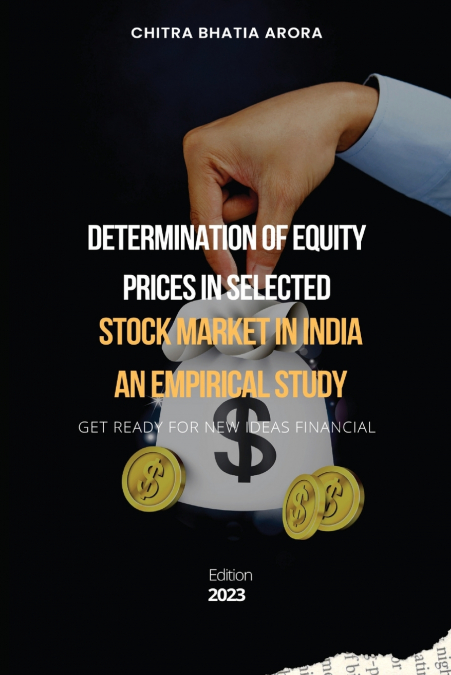
 Donde los libros
Donde los libros
 Librería 7artes
Librería 7artes
 Librería Elías (Asturias)
Librería Elías (Asturias)
 Librería Kolima (Madrid)
Librería Kolima (Madrid)
 Librería Proteo (Málaga)
Librería Proteo (Málaga)
As against fix-prices, flex-prices prevail in agricultural, auction and stock markets. Independent intermediate traders (market makers in stock markets) are the makers of prices, and they accumulate or decrease their stocks in accordance with the expected rise or fall in future prices. Price expectations of market makers play a decisive role in their accumulation and inventory holdings, or release of inventories to the market from their holdings. In flex-price markets, the balancing of inflows and outflows and maintenance of balance between actual and desired holding of inventories’ of equities market makers/intermediate traders represents the equilibrium state of the market (Prakash, Shri, 1986, Sharma, Shalini, 2004). Both the desired and actual holdings of stocks by market makers/traders crucially depend upon (i) current state of the market, and (ii) expected change in the state of the market. But expectations are characterized by fragility and variability. Expectations not only differ among different stake holders at any given point in time but the expectations of any stake holder tend to change quickly even at the drop of a hat through time. However, it is the expectations of dominant players, or the dominant expectation among all stake holders, which will make equity prices rise or fall. Magnitudes of rise/fall also depend on the quantum of expected change in price.